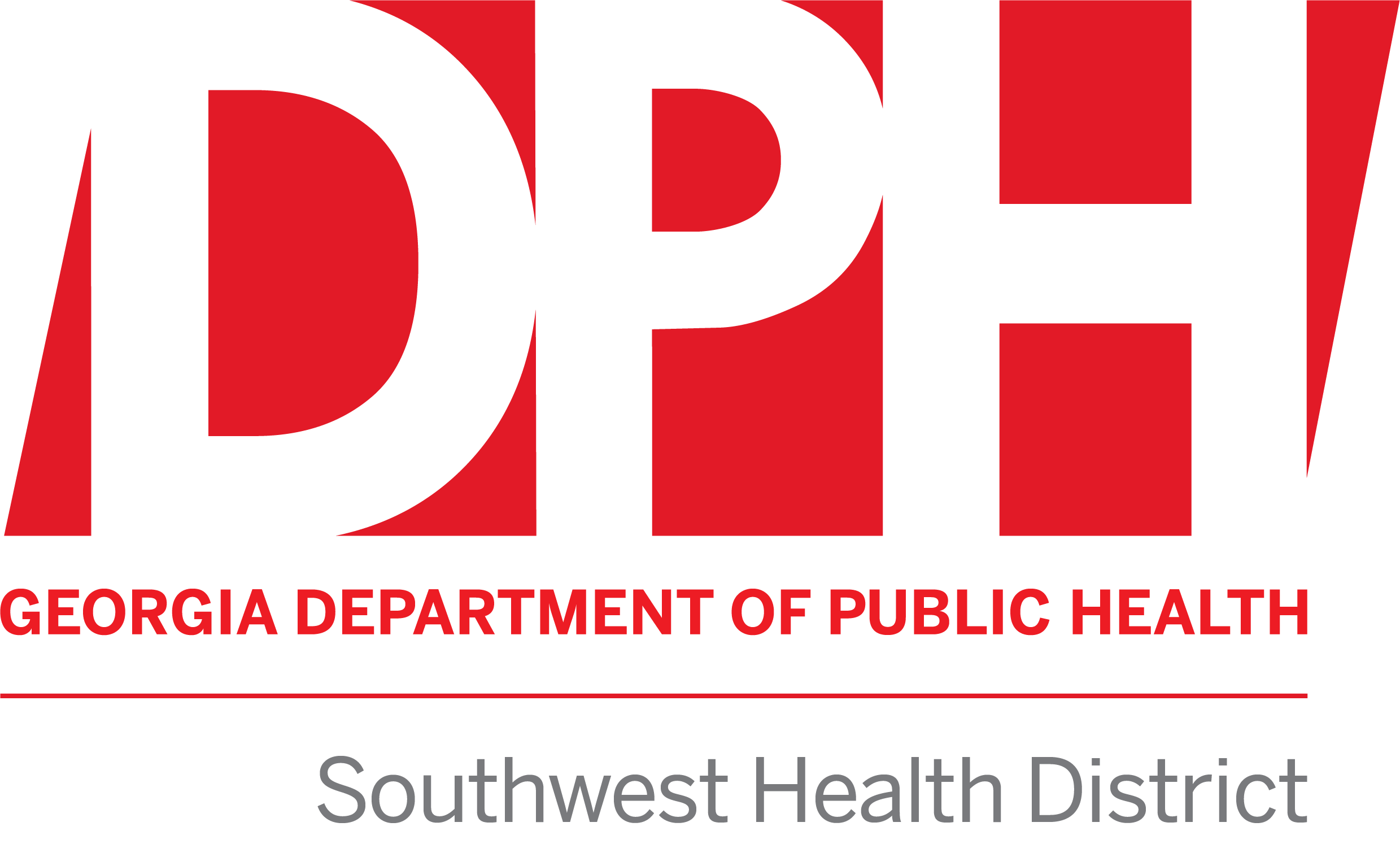August 15, 2024
Albany, GA — The Southwest Health District is committed to ensuring the health and safety of the community by conducting thorough inspections of restaurants and food service establishments. These inspections are crucial in maintaining public health standards and preventing foodborne illnesses. This press release aims to educate the public about the inspection process and what happens when a restaurant does not meet the required standards.
Overview of Restaurant Inspections
In Georgia, restaurant inspections are carried out by Environmental Health Specialists (EHS) from the Department of Public Health. These inspections assess various aspects of food safety, including food handling practices, sanitation, and overall cleanliness of the establishment. Inspections are typically conducted twice a year, though additional inspections may be performed if there are complaints or follow-up actions required.
Inspection Scoring System
Restaurants are scored on a 100-point scale, with points deducted for violations. The scoring system is as follows:
- 90-100 (A): Excellent – Very few or no violations.
- 80-89 (B): Satisfactory – Minor violations that do not pose an immediate threat to public health.
- 70-79 (C): Marginal – Several violations that could potentially impact public health.
- Below 70 (U): Unsatisfactory – Significant violations that pose a serious threat to public health.
What Happens When a Restaurant Fails an Inspection?
When a restaurant receives an unsatisfactory score (below 70), immediate action is taken to address the violations and protect public health. The process is as follows:
- Notification of Violations: The restaurant owner or manager is provided with a detailed report of the violations identified during the inspection.
- Correction of Critical Violations: If critical violations are found, such as improper food temperatures, cross-contamination, inadequate handwashing facilities, or poor employee hygiene, these must be corrected on site or within a specified timeframe, usually 24-72 hours.
- Re-inspection: A follow-up inspection is scheduled to ensure that the critical violations have been corrected. The timeframe for this re-inspection depends on the severity of the violations but typically occurs within 10 days.
- Closure of the Establishment: If critical violations are not corrected within the specified timeframe, the establishment may be temporarily closed until compliance is achieved. The restaurant must then pass a re-inspection before it can reopen to the public.
- Public Disclosure: Inspection scores and reports are made available to the public through the Georgia Department of Public Health’s online portal. This transparency ensures that the community is informed about the safety and hygiene of local food establishments.
- Ongoing Monitoring: Restaurants that have previously failed inspections are subject to more frequent monitoring to ensure continued compliance with health and safety standards.
Importance of Compliance
Compliance with food safety regulations is essential to prevent foodborne illnesses and protect the health of the community. This includes strict adherence to employee hygiene practices such as regular handwashing, wearing clean uniforms, and using gloves, utensils, or other barriers when handling ready-to-eat food. The Southwest Health District works diligently to educate restaurant owners and staff on proper food handling practices and the importance of maintaining a clean and safe environment for their patrons.
Public Involvement
The public plays a crucial role in maintaining food safety standards. Patrons are encouraged to report any concerns about food safety or hygiene to their local Environmental Health office. By working together, we can ensure that all food establishments in Georgia adhere to the highest standards of cleanliness and safety.
For more information about restaurant inspections or to view recent inspection reports, please visit the Georgia Department of Public Health’s website at https://dph.georgia.gov/environmental-health/environmental-health-inspections or call your local Environmental Health Office.
